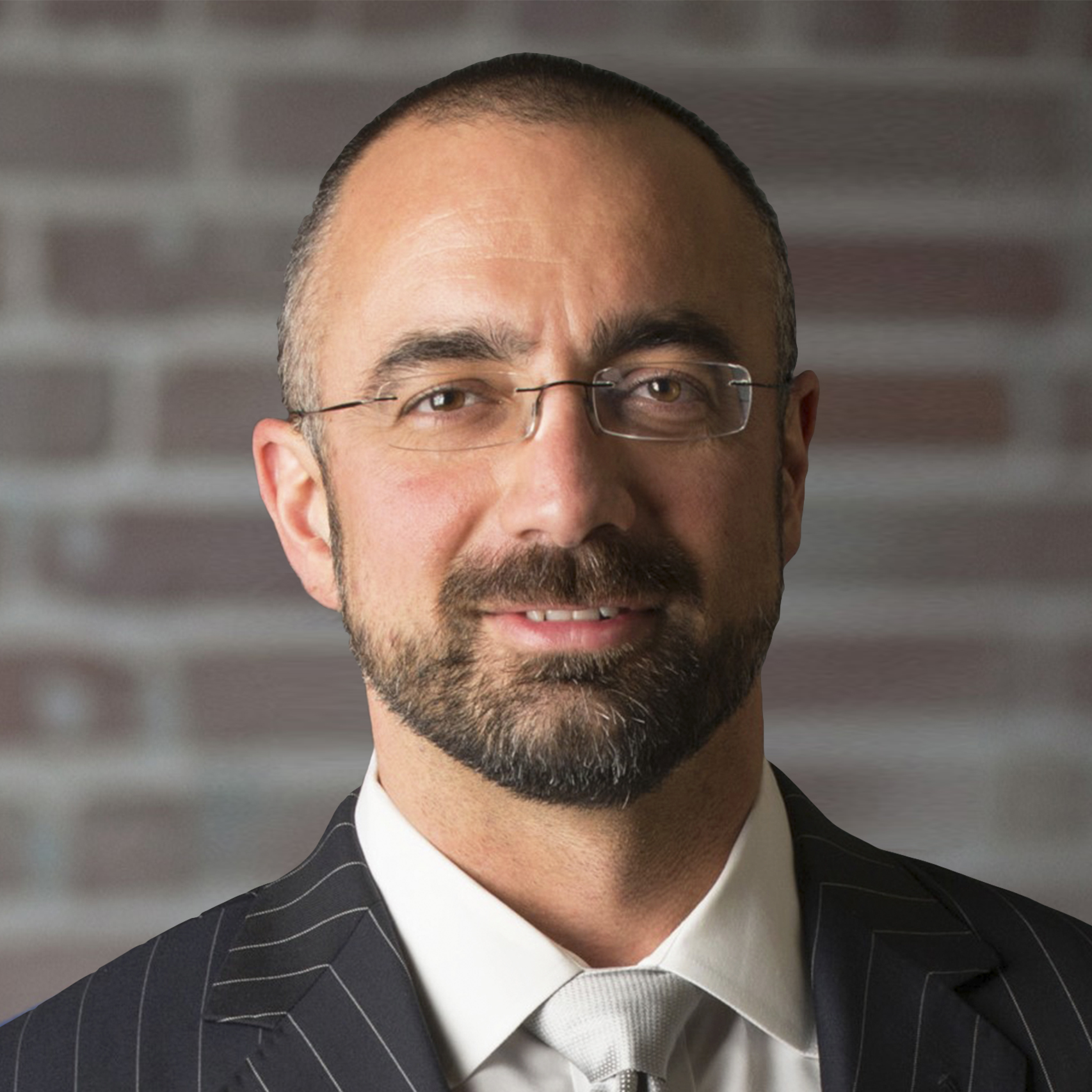It still caught me by surprise when an Executive Officer from one of the largest global companies replied, “You don’t realize how important you guys are to businesses in need,” when I mentioned the Enchanted Rock name. Considering her position, I was never quite sure how engaged she was with the value of our resiliency services. But during several subsequent conversations, she has been adamant about the crucial role resiliency plays in her company’s day-to-day operations—keeping their logistics and robotic centers open and minimizing facility losses. And while that moment was special to me on both a personal and career level, it also got me thinking, how does the C-suite value electrical resiliency for their operations?
Protecting business continuity and financial stability
Today’s C-suite executives are under immense pressure to ensure operational continuity in an increasingly challenging business landscape, and issues like the digital transformation and extreme weather events are not making it easy. So when it comes to reliable access to power generation, these executives recognize that a robust electrical infrastructure is not just a luxury but a necessity.
Electrical resiliency has emerged as a critical component in safeguarding businesses against disruptions and mitigating financial risks, and it’s starting to shape the strategic decision-making process for many of these executives. Since any disruption to electrical power can lead to costly downtime that impacts productivity, revenue streams, and customer satisfaction, the uninterrupted functioning of core business operations is the heart of their concern. Whether it’s a natural disaster, grid failure, or equipment malfunction, electrical resiliency measures like dispatchable backup power generation from microgrid systems provide the assurance that business processes can continue even in adverse conditions.
The C-suite understands that every minute of downtime translates into lost revenue and increased expenses. According to studies, the average cost of data center downtime is around $9,000 per minute. And for industries such as finance, healthcare, and manufacturing, uninterrupted operations are mission-critical priorities for avoiding financial impacts or even life-threatening situations. Investing in electrical resiliency is a proactive strategy to mitigate these risks and protect the bottom line.
Extracting value and driving sustainability
C-suite executives know that a swift response to market opportunities allows them to stay ahead of the competition. As they expand and scale their operations, the demand for reliable electrical infrastructure becomes even more critical. By investing in a cost-competitive microgrid system, they can establish a foundation for the agility they need to be successful while supporting growth initiatives and helping them adapt to ever-changing business and environmental dynamics.
Over the past decade, we have seen a heightened awareness of Environmental, Social, and Governance (ESG) standards across all industry sectors, and global ESG regulations have increased by 155% during that time. As a result, C-suite executives are setting aggressive ESG goals to foster long-term value creation and stakeholder trust.
Within the sphere of ESG compliance, natural gas microgrid systems offer much more than just sustainability and peace of mind. The option to integrate lower-emission fuels allows companies to take advantage of carbon offsets and reduce their carbon footprint—a concept that Enchanted Rock has made a reality by utilizing renewable natural gas for Microsoft’s new data center in San Jose, Calif. Furthermore, a recently awarded grant supports Enchanted Rock’s research into engine technology that uses hydrogen fuel blends to decarbonize energy-intensive industries.
Overall, robust electrical resiliency not only safeguards business continuity but also demonstrates a commitment to governance principles, including risk management and regulatory compliance. And closing the loop on their ESG objectives, it contributes to social responsibility by ensuring uninterrupted access to essential services for employees, customers, and communities, particularly during emergencies or natural disasters.
Enhancing reputation and customer trust
In today’s hyperconnected world, businesses are under constant scrutiny from customers, investors, and regulatory bodies. Depending on the type of business, any disruption in service from short- to long-term can tarnish a company’s reputation and erode customer trust. Therefore, the C-suite recognizes that maintaining a reputation for reliability and resilience is key to sustaining customer loyalty and attracting new clients. By implementing a microgrid system, businesses can demonstrate a commitment to resiliency, instill stakeholder confidence, and differentiate themselves in the market.
For the C-suite, electrical resiliency has quickly become a strategic imperative that shapes their decision-making processes and investment priorities. As the grid becomes increasingly stressed and extreme weather events more frequent, these executives are prioritizing resiliency measures to protect continuity, mitigate financial risks, and enhance reputation. This is further proof that in today’s volatile and uncertain world, resilient backup power provided by natural gas microgrids is not just a business asset; it’s a competitive advantage that ensures long-term success.




















